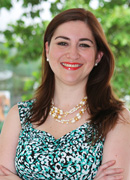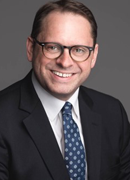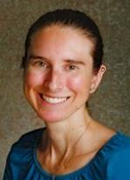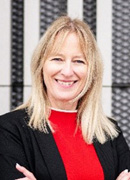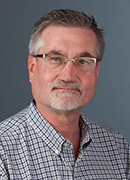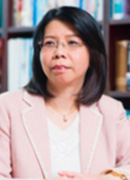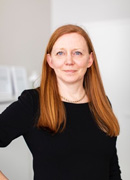She is also the convenor of the positive education laboratory. Her mission is to improve the well-being of children, adolescents and families. Her research mainly focuses on the family ecological and positive psychological factors that are related to anxiety, depression and suicide of children and adolescents. To promote positive education for the students, teachers, parents, and the community, the positive education laboratory has collaborated with more than 300 local schools, universities, corporations, and social welfare agencies to launch positive education projects, such as character strength project for pre-primary schools, whole-school positive education project for primary schools, music and positive education projects to alleviate anxiety, depression, and suicidal ideation of secondary schools students, enhancing wellbeing and positive learning experiences of university students, application of positive education to people with mental illness in half way houses. She has published a number of papers related to children and adolescent mental health in international refereed journals with high impact factor, e.g., Child Abuse and Neglect, Prevention Science, Journal of Happiness Studies, Journal of Positive Psychology, Children & Youth Services Review, Research on Social Work Practice, Social Indicators Research, Suicide and Life-threatening Behavior, Journal of Child and Family Studies. She was also invited as guest speaker and keynote speaker in about 60 conferences and symposiums. She is editor of many international refereed journals. In the previous years, she got about US$4,500,000 from internal grants at CityU and from external grants. Her positive family project won the Excellence in Knowledge Transfer Award by the College of Liberal Arts and Social Sciences (CLASS) at CityU in 2013. She got the Teaching Innovation Award (Team) from CLASS at CityU in 2019. In addition, she got the University Grants Committee Teaching Award (Team) with the Joint University Mental-wellness Project in 2021.
